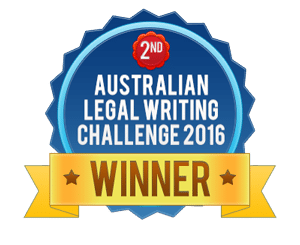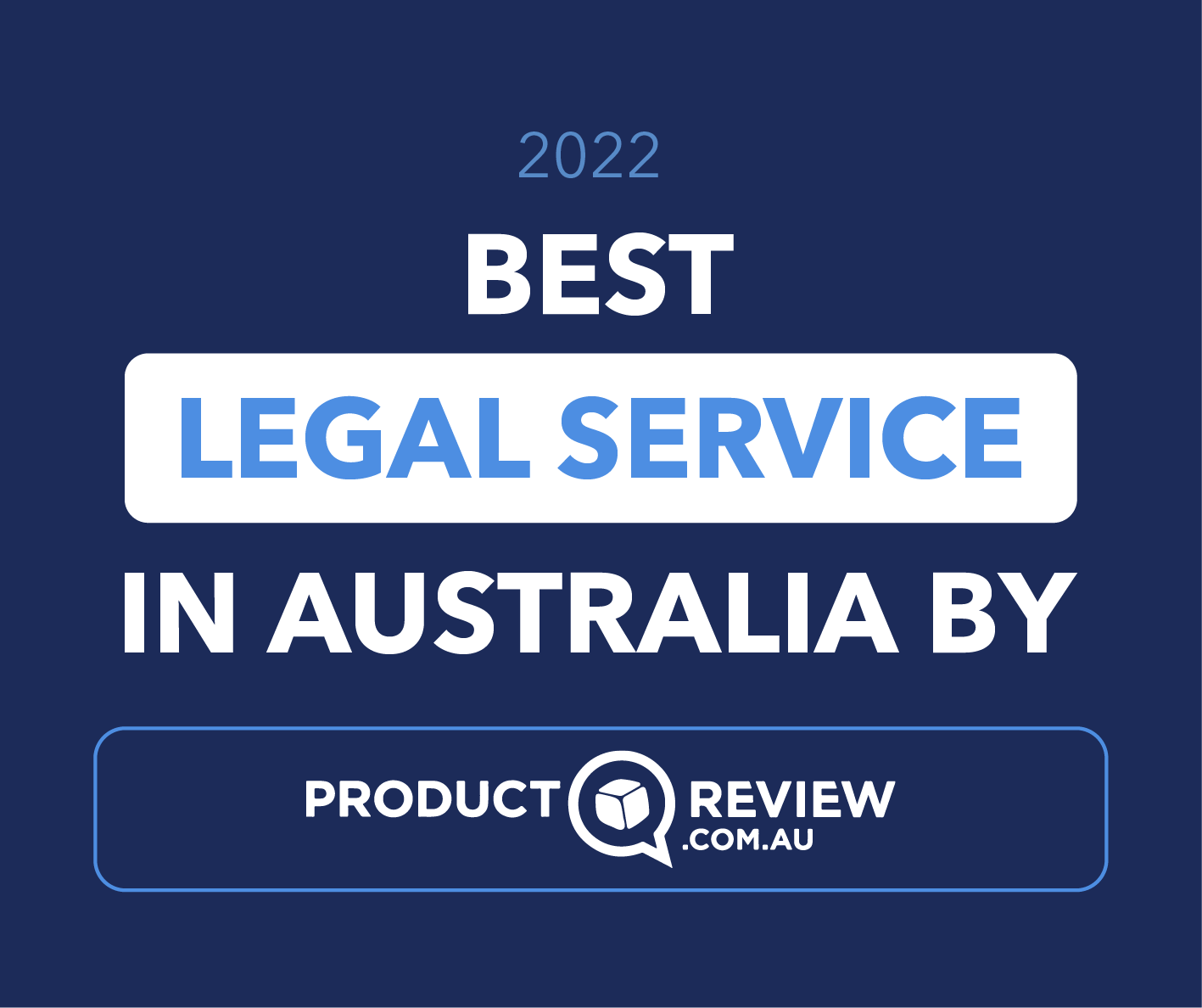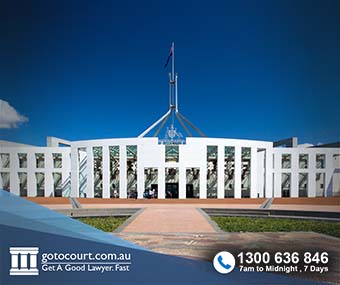Call our lawyers
now
or,
have our lawyers
call you
Australian Legal Writing Challenge 2016 – 2nd Prize
Updated on Jun 30, 2016 • 6 min read • 210 views • Copy Link
Australian Legal Writing Challenge 2016 – 2nd Prize

The Untapped Wealth Inside Your iTunes Account
Caroline Foley*
 When we buy products as a consumer, we have the security that if we change our minds, no longer want them, or want to upgrade to better things, there’s generally a market to on-sell them. Whether it be through Ebay, Amazon, or Gumtree, we have secondary markets for almost everything. But, what about our digital goods? What do we do with old movie files and Mp3s purchased from Itunes, or Ebooks we’ve read one too many times?
When we buy products as a consumer, we have the security that if we change our minds, no longer want them, or want to upgrade to better things, there’s generally a market to on-sell them. Whether it be through Ebay, Amazon, or Gumtree, we have secondary markets for almost everything. But, what about our digital goods? What do we do with old movie files and Mp3s purchased from Itunes, or Ebooks we’ve read one too many times?
Digital resale is the process of selling pre-owned products that exist only in their digital format,[1] and it’s an area of consumer and copyright law that is quickly transforming. When we buy pre-owned CDs and DVDs from the thrift store, no one questions the legality behind doing so; however, what happens when we move this phenomenon of secondary markets into the digital world? Online marketplaces are dominating consumerism, and as technology is advancing, the capabilities of these marketplaces are changing. We are seeing the emergence of a new market, a new platform, capable of selling recycled digital files. This new source of untapped wealth has caught the attention of digital giants, like Amazon and Apple, as well as the tech world, entertainment industry, and now the public.
In 2013, judgment was handed down in the Southern District Court of New York that addressed the novel questions surrounding digital resale.[2] The case concerned start-up ReDigi, the first digital marketplace for pre-owned music. Capitol Records LLC brought the case forward, claiming ReDigi had infringed its music Copyright. ReDigi, which began in 2011, created a software allowing the public to sell old, legally downloaded songs, and purchase pre-owned Mp3s. The technology used involved uploading old Mp3s to a cloud server, which in turn would delete all copies of the file from the seller’s computer and other synced devices. After doing so, the pre-owned Mp3 could be sold to another consumer at a lesser price. Here, the Court ruled in favour of Capitol Records, claiming ReDigi had breached US Copyright Law and the rights of the Copyright owner.
How would this play out in Australia?
The question of digital resale has yet to be debated within Australia; however, it is likely that the case of Capitol Records LLC v ReDigi Inc will have strong influence over Australian Courts. The Copyright Act of 1968 governs Australian Copyright Law;[3] under which digital resale would be prohibited, as it infringes two exclusive rights of the Copyright owner. In relation to Mp3’s, which are classified as sound recordings under the Act, making a digital resale would infringe the right of the Copyright owner to communicate the sound recording to the public.[4] In addition to this, depending on the technology used when making a digital resale, it may trigger the creation of a new copy of the MP3 file.[5]
Digital resale may also breach Contract law, depending on the agreement made. When we buy songs from iTunes and tick the box agreeing to the terms and conditions, we’re essentially signing away our rights for digital resale, provided digital resale is interpreted by the Courts as going beyond mere personal and non-commercial use.[6]
However, the law of Copyright and how digital resale interacts with the framework, is unsettled. As demand grows for digital resale, it is likely we’ll see either the Courts or Parliament manipulate the framework to allow for the technological advancements the public demands.
What’s the impact?
Copyright Law is a way of protecting musicians, choreographers, authors, lyricists, artists, producers, designers, and others who create works that the public enjoys. Copyright law does this by giving those who created, or made the work, exclusive rights to use the work, and adapt it. Copyright is founded on a person’s creative abilities and effort, protecting innovation, creativity, and investment. Copyright Law involves considering the rights of a creator, against the public’s right to enjoy the works.
On one hand, this strict interpretation of Copyright law and digital resale protects the entertainment industry. Unlike CDs and books, digital files don’t deteriorate and can be duplicated, moved around and manipulated. As files move at a rapid pace and across state borders, it makes regulation difficult and thus opens up the market to abuse. Copyright owners claim changing this interpretation would hinder creativity and have unfair economic consequences.
However, this strict interpretation of the law also shields Copyright owners and distributors from competition. As a product in an increasingly consumerist society, competition is the catalyst for growth. Secondary markets allow creative works to become more accessible to the general public, by offering the product at a reduced price. Those looking to take advantage of digital resale also suggest that these markets act as an alternative to piracy and illegal downloads, thus bringing in greater profits for the entertainment industry.
The right of resale is a balancing act. Do we protect the rights of Copyright owners to distribute and make copies of their works, therefore protecting their artistic creativity and investment? Or, do we protect the rights of everyday people, the consumers, who should have the right to on-sell their property that they no longer need or want?
Future?
Online marketplaces are the future of trade, and it is likely that over the next few years there will be extensive litigation and legislative reform to address the legality of digital resale. ReDigi has already expressed they will be appealing the decision of the Court and will continue to alter and update their service, to create new technologies not considered by the Court. The digital and entertainment world will be watching closely, with Amazon and Apple already taking steps to patent online mechanisms allowing customers to sell or transfer digital goods.[7]
The unstable nature of digital resale calls for a re-shaping of Copyright law to meet the needs of a digital age. As a consumer, one can only imagine the digital wealth sitting on our iphones, computers and ipads. Personally, I’m just glad that Rebecca Black’s Friday may be worth more than I ever thought… Stay Tuned!
Endnotes:
[1] Jacob Long, Congress Debates Whether you can resell digital content, geek sided <https://geeksided.com/2014/06/08/congress-debates-whether-canresell-digital-content/>.
[2] Capitol Records LLC v. ReDigi Inc, 934 F Supp 2d 640 (SD NY, 2013).
[3] Copyright Act 1968 (Cth).
[4] Alan Hui, ‘Back to the future: A digital right of resale’ (2015 ‘May’) Internet Law Bulletin 50, 52. S.10 copyright act.
[5] Copyright Act 1968 (Cth) s 85.
[6] Alan Hui, ‘Back to the future: A digital right of resale’ (2015 ‘May’) Internet Law Bulletin 50, 52.
[7] Jonathan Stempel and Alistair Barr, Capitol wins digital records lawsuit vs ReDigi start-up (1 April 2013) Reuters <https://www.reuters.com/article/uscapitolrecords-redigi-lawsuit-idUSBRE9300GB20130401>.
* Caroline Foley is currently undertaking a Bachelor of Laws and a Bachelor of Arts at Bond University, Queensland. She recently completed a fellowship with the United Nations Foundation in Washington DC and prior to this, clerked at Corrs Chambers Westgarth in the Workplace Relations and Litigation practice group. She has also been involved with the Bond Law Clinic, a pro-bono commercial law clinic.
Caroline has a keen interest in intellectual property law stemming from her involvement in the entertainment industry as a singer and songwriter.

Affordable Lawyers
Our Go To Court Lawyers will assist you in all areas of law. We specialise in providing legal advice urgently – at the time when you need it most. If you need a lawyer right now, today, we can help you – no matter where you are in Australia.How It Works











1. You speak directly to a lawyer
When you call the Go To Court Legal Hotline, you will be connected directly to a lawyer, every time.


2. Get your legal situation assessed
We determine the best way forward in your legal matter, free of charge. If you want to go ahead and book a face-to-face appointment, we will connect you with a specialist in your local area.


3. We arrange everything as needed
If you want to go ahead and book a fact-to-face appointment, we will connect you with a specialist in your local area no matter where you are and even at very short notice.












